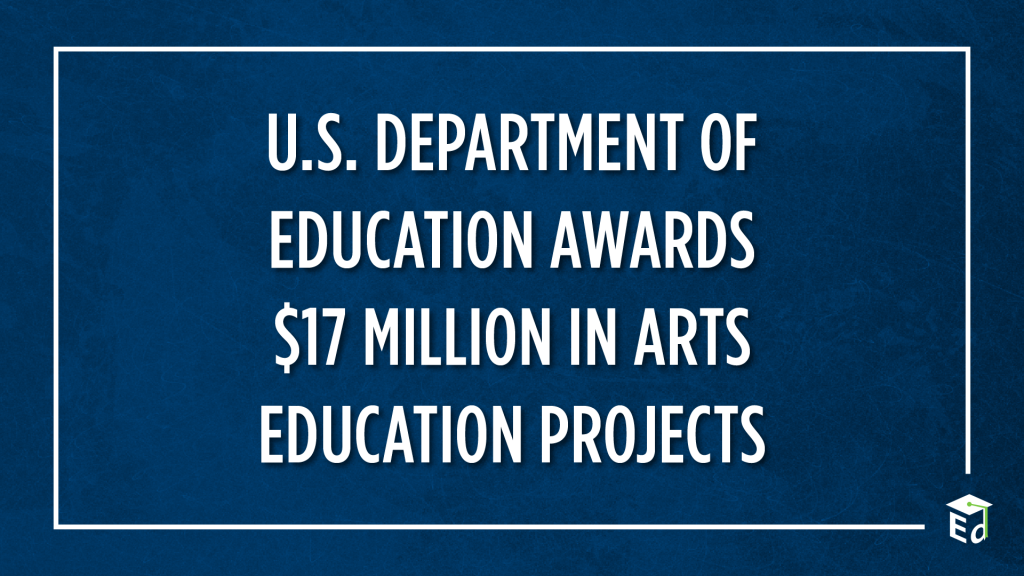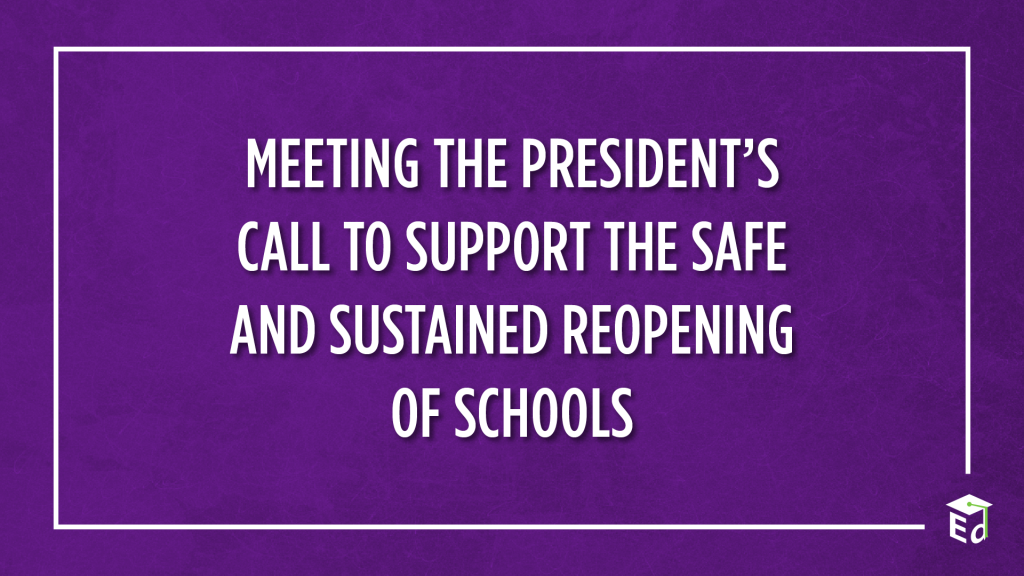
by Deputy Secretary Cindy Marten
This past year-and-a-half challenged everyone on such a huge scale. And our students were among the hardest hit by the disruptions of the pandemic. Without in-person classes, Friday night football games, spring musicals, and so many other opportunities to develop deep and nurturing in-person relationships and make lasting memories in school, it was a challenge to create a strong sense of community. As a former administrator and teacher, I understand how important that feeling of togetherness is to achieving school success.












